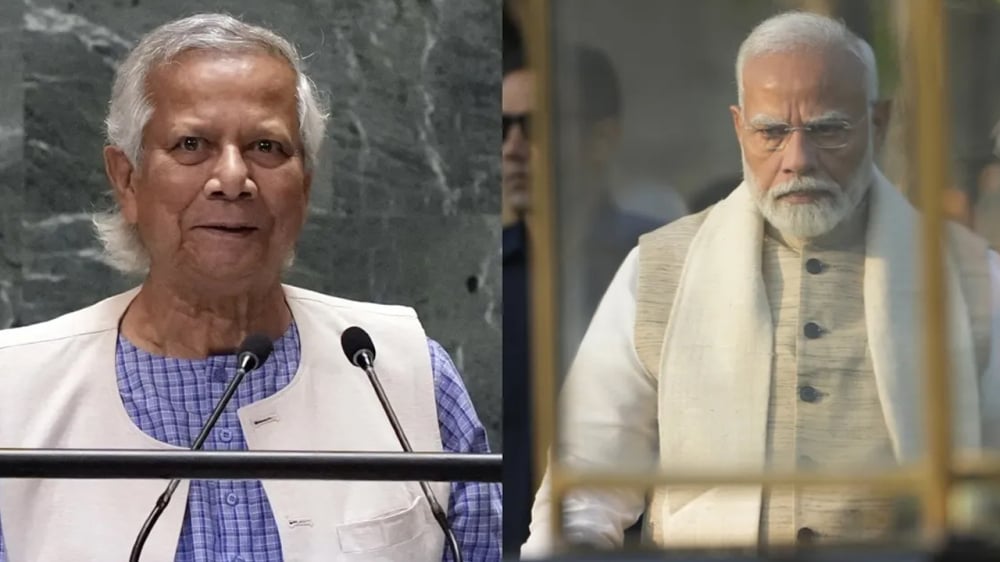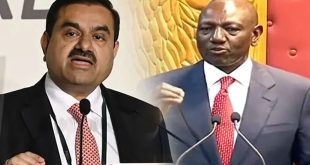
The interim government of Bangladesh has recalled its ambassadors from five countries including India. Apart from India, ambassadors of Bangladesh from Australia, Belgium, Portugal and the United Nations have been called. After the resignation of Sheikh Hasina from the post of Prime Minister, relations between Bangladesh and India have not been anything special. At the same time, people associated with the Foreign Ministry of Bangladesh believe that the administration's orders have not been good for the country's foreign policy. These people say that many of the ambassadors recalled, including the High Commissioner to India, were not politically appointed.
The interim government of Bangladesh has recalled its ambassadors from India, Australia, Belgium, Portugal and the United Nations. The move signaled significant changes in Bangladesh's foreign policy following the ouster of Sheikh Hasina, with Bangladesh's Foreign Ministry taking the decision at a time when the country's strained relations with many of its key international partners are weakening. The ambassadors who have been recalled also include Bangladesh's High Commissioner to India Mustafizur Rahman, who was appointed to the post in 2022.
Tension increased in relations between India and Bangladesh
Apart from this, the permanent representative of the United Nations in New York and the Bangladeshi ambassadors to Australia, Belgium and Portugal have also been recalled. After the removal of Prime Minister Sheikh Hasina from power, tension seems to be increasing in the relations between India and Bangladesh. These relations have become even more tense since the government of Nobel laureate Muhammad Yunus came to power. Sheikh Hasina's government fell following protests in Bangladesh in August, forcing her to flee the country. The situation was volatile for India, especially when the Yunus government raised the issue of Sheikh Hasina's extradition.
India unhappy with the decisions of Yunus government!
There were continuous protests in Bangladesh under the leadership of student organizations. This led to the fall of Sheikh Hasina's government in early August and she was forced to leave the country. After this incident, India-Bangladesh relations are in bad shape. A caretaker administration led by Nobel laureate Muhammad Yunus took charge days after Hasina resigned. At the same time, Hasina left Bangladesh and took refuge in India. The caretaker regime in Dhaka made sustained efforts to arrange a meeting between Yunus and Prime Minister Narendra Modi on the sidelines of the UN General Assembly in New York last month. However, Yunus criticized India and also raised the issue of Sheikh Hasina's extradition. This angered the Indian side and the two leaders could not meet.
Last month the new caretaker government in Dhaka tried to arrange a meeting between Prime Minister Narendra Modi and Muhammad Yunus on the sidelines of the UN General Assembly, but Yunus's criticism of India and the issue of Hasina's extradition angered India, Due to which the meeting took place. Couldn't do it. This diplomatic development reflects further tensions in India-Bangladesh relations and may affect bilateral relations between the two countries in the future.
 look news india
look news india
